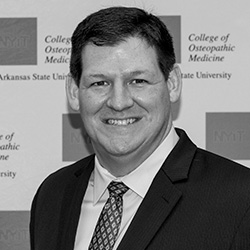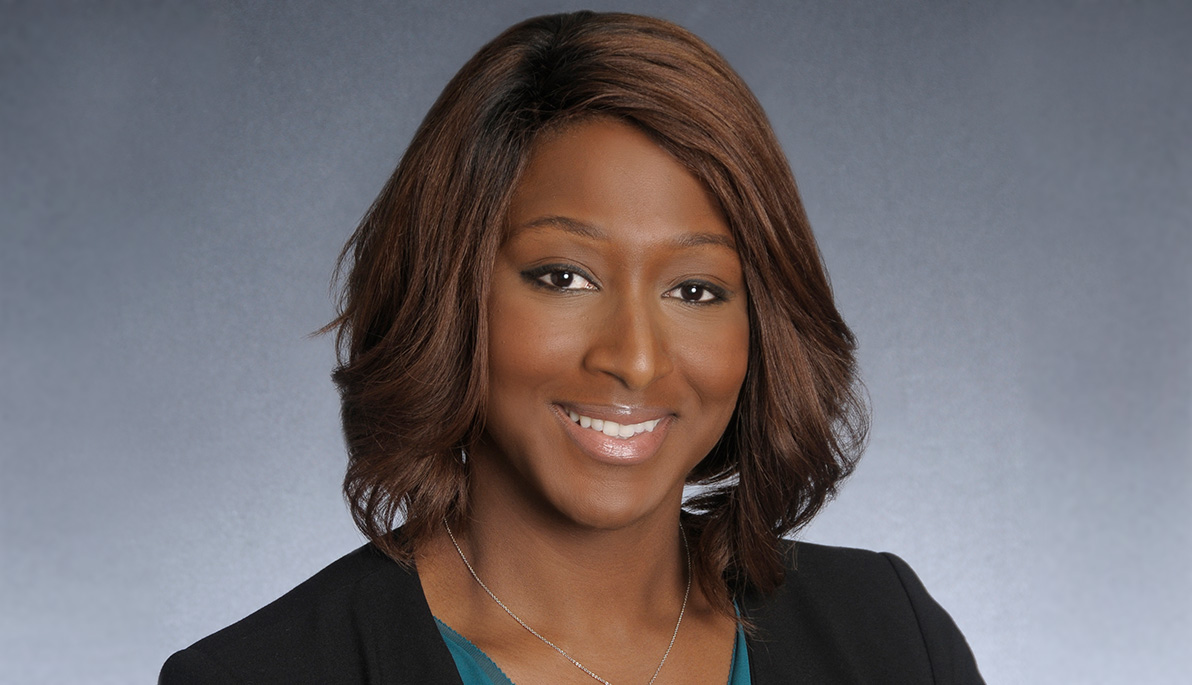News
Vaccination is Key to Defeating COVID-19
January 22, 2021
COVID-19 vaccines have arrived. For much of the medical community, the vaccines bring sincere hope and optimism that the end of this pandemic is finally in sight.
However, the next challenge for physicians and health educators is helping the public understand the importance of receiving the vaccine once it is available to them.
In an op-ed in Arkansas Business (log-in may be required), Brookshield Laurent, D.O., associate professor and chair of Clinical Specialties at NYITCOM-Arkansas, addresses the public uncertainty that exists while explaining her confidence in the vaccine.
“As a physician who provides care, I inform my patients of the possibilities of side effects and adverse reactions of any medication or tool of prevention I offer them,” Laurent writes. “Explaining the context of safety and risk is so key in these discussions. The answer for these vaccines is clear: the risk of becoming very ill is much greater than the risk of side effects or likelihood of adverse reactions.”
Laurent explains in the approximately 1.9 million vaccine doses distributed by the end of December, only 21 cases of anaphylaxis occurred. That low number, combined with the positive results from the nearly 75,000 participants in the three-phase trials led by Pfizer and Moderna prior before receiving Emergency Use Authorization (EAU), have led many physicians to confidently recommend that their patients get vaccinated as soon as they can.
“Anyone who experiences adverse effects is not a light matter,” Laurent writes. “But the overwhelming benefits of vaccine to people and society outweigh the risks for adverse reactions. We must compare that to the virus itself, which has infected more than 70 million people globally and killed approximately 1.6 million, including more than 400,000 in the United States. In addition to death and illness, the virus has caused devastation to economies and health systems around the world.”
Laurent received her first dose of the Pfizer vaccine in December and the second in mid-January. While she experienced a few hours of achiness at the site of injection, her side effects were mild.
“I realize it can be difficult to wade through waves of information as you attempt to make the best decision for yourself and your family,” Laurent writes. “I can tell you that I confidently advise my patients to get the vaccine as soon as it’s available to them. I trust the science, and I’m confident in its effectiveness.”
Read the full op-ed.

By Casey Pearce




